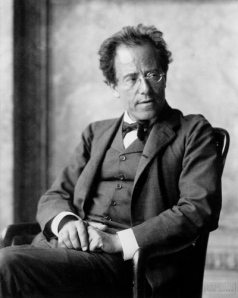The Art of Administering
Marc Giosi is both an artist and an arts administrator. This talented and well-educated pianist holds the position of Executive Director for the chamber ensemble Chatham Baroque, and formerly worked with Chamber Music America. Consequently, he has seen both “sides” of the equation when it comes to presenting an art form. He understands the management dynamics of development, audience growth, and good financial management. At the same time, he recognizes the challenges to being a working artist and presenting great art. Ultimately the two aspects of his nature combine organically, and so he writes, “The ability to speak genuinely about Bach, Chopin, or Shostakovich reflects commitment to the art form, and the fact that presenting concerts is not simply a day job for me.”
For a fascinating look into the world of art and arts management, read Marc Giosi’s “The Art of Administering” (click here to read full article).















